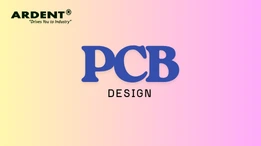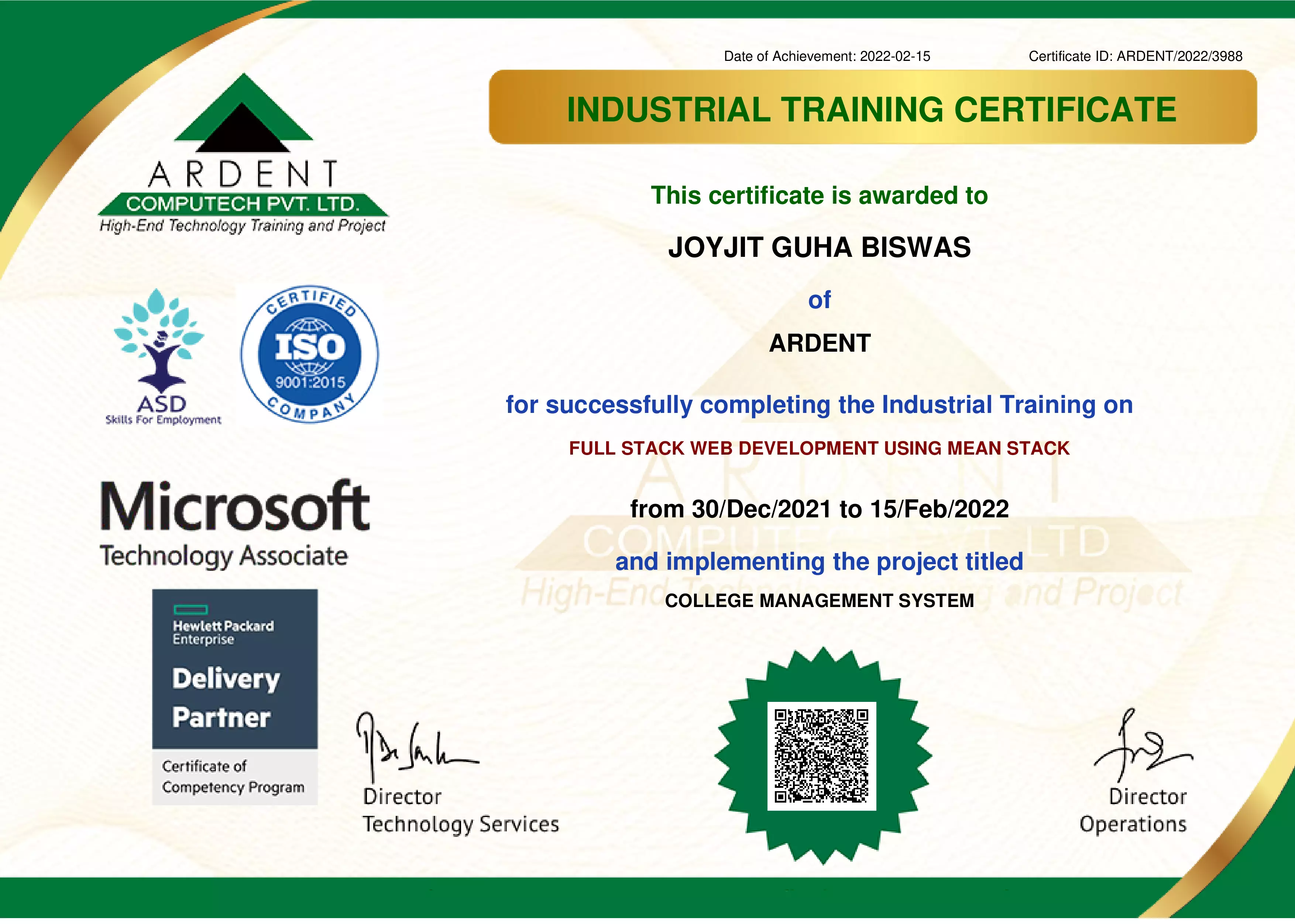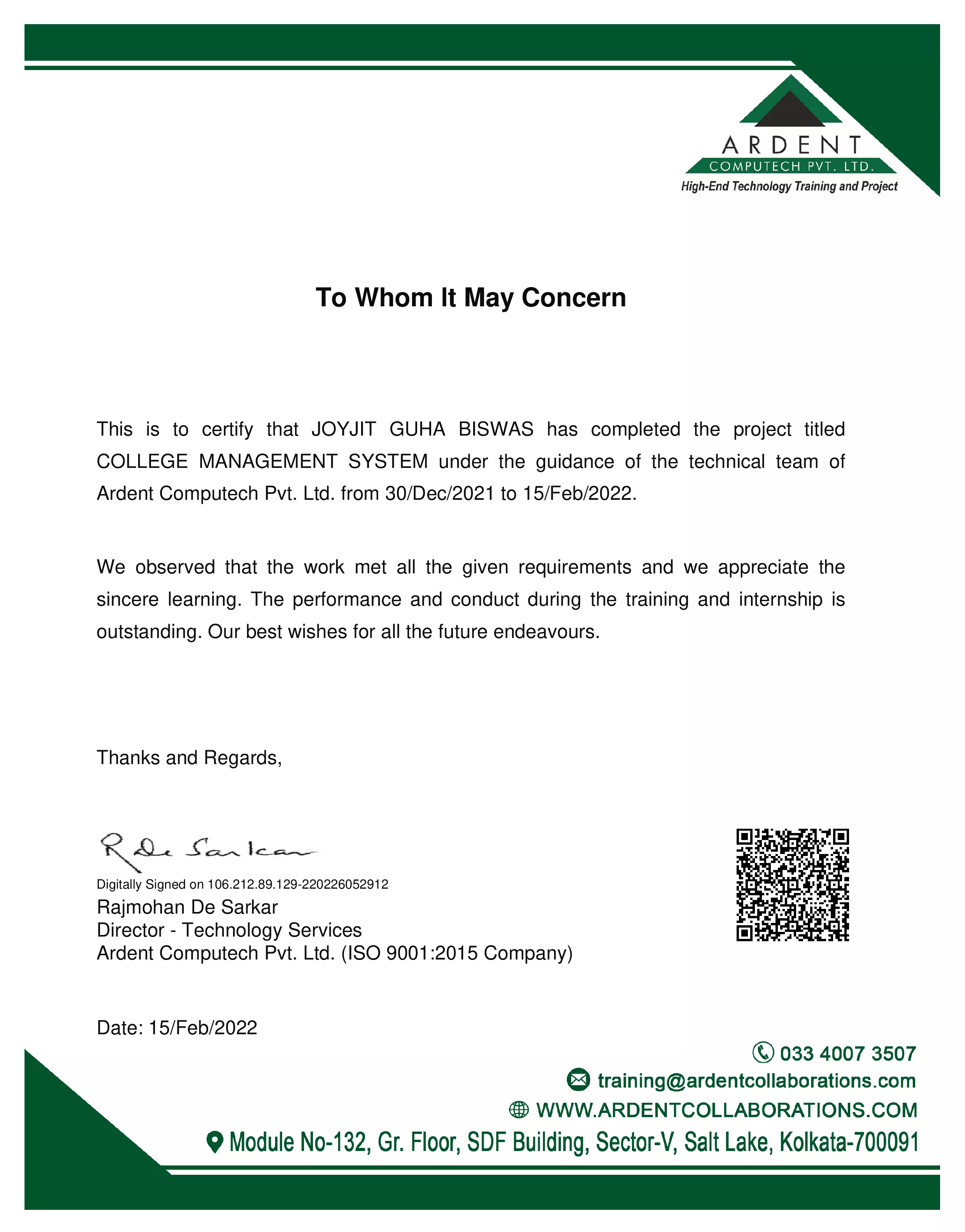
PCB DESIGN
The Printed Circuit Board (PCB) Design – Industrial Training & Internship Course is an intensive and hands-on program designed for engineering students, graduates, and professionals looking to develop industry-relevant skills in electronics hardware design. The course offers comprehensive training in designing, analyzing, and preparing PCBs for real-world applications using KiCad, an open-source and professional-grade EDA (Electronic Design Automation) software suite.
Spanning 24 structured modules over 40 hours, this course is carefully curated to blend both theoretical knowledge and practical experience. Learners begin with the fundamentals of PCBs—understanding their types, evolution, structure, and critical role in modern electronics. From there, the course transitions into the KiCad ecosystem, introducing its tools, layout, and project structure. Participants learn to create and manage schematic diagrams, assign footprints, and design multi-layer PCBs that are not only functional but also manufacturable and reliable.
As the course progresses, participants gain skills in custom symbol and footprint creation, hierarchical schematics, electrical and design rule checks (ERC & DRC), and advanced PCB routing techniques. Emphasis is placed on component placement strategy, signal integrity, impedance control, and thermal management—essential concepts for high-speed and high-performance circuit boards used in modern devices.
A key feature of this program is its focus on Design for Manufacturability (DFM) and Design for Assembly (DFA). Students learn to generate professional documentation including Gerber files, NC drill files, Bill of Materials (BOM), and Pick and Place (PnP) files, ensuring their designs can be directly handed off for manufacturing and assembly. Dedicated sessions on circuit simulation, prototyping, and board-level testing provide participants with end-to-end exposure, from concept to a tested prototype.
Throughout the training, learners work on mini-projects and case studies to apply concepts in practical scenarios. The final module is a capstone project, where students complete a full PCB design cycle—including schematic, layout, routing, documentation, and simulation—based on a real-world application. This hands-on project helps reinforce technical skills while building a professional portfolio piece.
Designed with an internship mindset, this course prepares participants for roles in embedded systems, electronics product development, hardware prototyping, and manufacturing industries. Whether you are a student aiming to gain a competitive edge in campus recruitment or a professional seeking to upskill in PCB design workflows, this course will equip you with the tools and confidence needed to design functional, scalable, and production-ready circuit boards.
No prior experience with KiCad is required, but a basic understanding of electronics and circuit theory is recommended. With its structured approach, practical depth, and industry orientation, this PCB Design course bridges the gap between academic learning and industrial requirements—making it an ideal launchpad for a career in electronics hardware design.
🎯 Course Goals
- The primary goals of this course are to:
- Develop a strong foundation in PCB design principles, tools, and workflows.
- Equip learners with hands-on experience using KiCad for schematic capture, PCB layout, and documentation.
- Enable participants to manage end-to-end PCB projects, from symbol creation to generating manufacturing-ready files.
- Introduce high-speed design practices, signal integrity, and thermal management for real-world applications.
- Ensure understanding of industry standards, including DFM (Design for Manufacturability), DFA (Design for Assembly), and compliance best practices.
- Promote critical thinking and problem-solving skills through practical assignments, simulations, and a live project.
- Bridge the gap between academic knowledge and industrial requirements for job readiness in the electronics sector.
✅ Course Outcomes
- Upon successful completion of the course, participants will be able to:
- Understand the role and structure of PCBs in electronic circuit design and development.
- Navigate and use the KiCad EDA suite effectively for professional PCB design tasks.
- Design and simulate schematics, manage hierarchical designs, and perform electrical rule checks (ERC).
- Create custom component symbols and footprints, and manage component libraries.
- Set up board stack-up layers and layout parameters for both single-layer and multi-layer designs.
- Place components strategically for thermal performance, signal flow, and manufacturability.
- Apply manual and assisted routing techniques, including differential pairs and impedance-controlled routing.
- Perform design rule checks (DRC) and validate layout for manufacturability and assembly.
- Generate accurate Gerber, NC drill, BOM, and Pick-and-Place files for PCB production.
- Simulate circuits and validate design functionality using integrated or external tools.
- Assemble and test prototype PCBs, troubleshoot basic faults, and ensure design integrity.
- Deliver a complete live project, applying all learned concepts, tools, and standards.
- Demonstrate readiness for entry-level roles in hardware design, embedded systems, and electronics manufacturing industries.




Course Modules
Industrial
- Duration - 30 to 40 Hours (2/3/4/6/8 Weeks)
- Daily / Weekly Classes
- 2 Case Studies & 1 Live Project
- Industrial Courses are only for students. You can avail this by producing valid proof of studentship. Work on assignments, case studies, and projects.
-
WHEN WILL YOUR COURSE/TRAINING/INTERNSHIP START AFTER ADMISSION?
As per our policy, we start the course/training/internship within 10 days from the date of enrollment. If you enroll for future month/date, our schedule team will coordinate with you and assign your class. To communicate with our schedule team for preferred timing, email to training@ardentcollaborations.com. All courses/internships can be scheduled in customised manner as per your requirements. - Download Content
-
SPECIAL OFFER - SAVE 50%
150007500
Professional
- Duration - 60 to 80 Hours (12/16/20/24 Weeks)
- Daily / Weekly Classes
- 4 Case Studies & 1 Minor Project & 1 Live Project
- Professional Courses are more comprehensive. The learning is case study based and project oriented. Ideal for passout students and working professionals.
-
WHEN WILL YOUR COURSE/TRAINING/INTERNSHIP START AFTER ADMISSION?
As per our policy, we start the course/training/internship within 10 days from the date of enrollment. If you enroll for future month/date, our schedule team will coordinate with you and assign your class. To communicate with our schedule team for preferred timing, email to training@ardentcollaborations.com. All courses/internships can be scheduled in customised manner as per your requirements. -
Download Content
-
SPECIAL OFFER - SAVE 50%
2760013800

